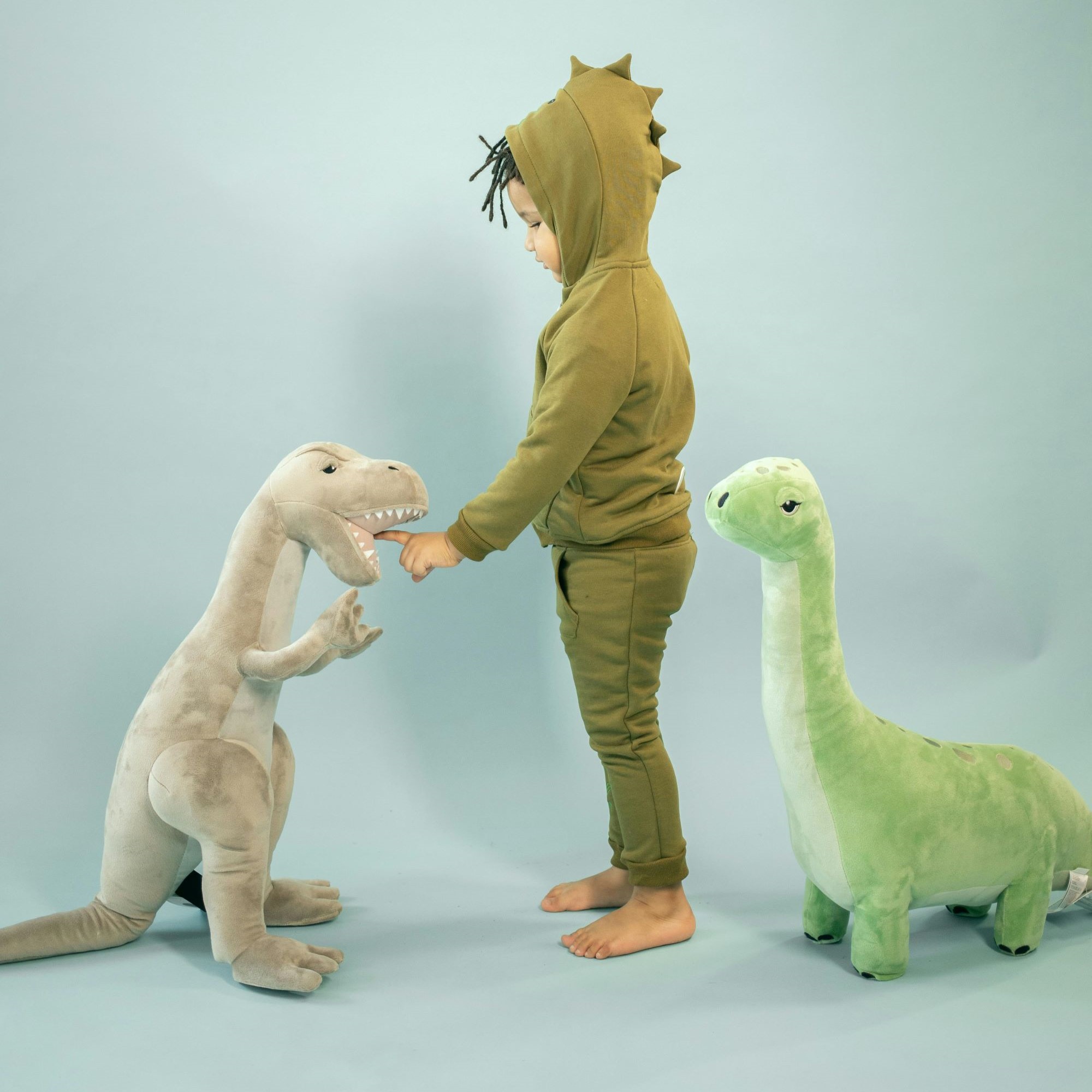
Kids love to play. Heck, I love to play, and playing with my kids is the absolute best! But did you know that play is actually a critical component of child development? Playing is one of the key ways that children learn to make sense of their world. It assists them in the development of fine and gross motor skills, problem-solving, language development, and social-emotional skills, and it can help them stay active. When we play with our children, it facilitates our parent-child bond and provides children with a safe space to learn new social skills, regulate their emotions, and develop empathy. This article in healthychildren.org by Dr. Michael Yogman has some excellent, age-specific ideas for engaging in play.
It’s important to remember that some types of play can actually be structured activities that work towards things like early literacy and kindergarten readiness skills such as Musical Motion (learn more here). Other types of play might come more organically such as when your child asks you to play hide-and-seek, which can provide a safe environment for trying out different movements, counting, and problem-solving. Or maybe they want to play dinosaurs which opens up a whole new world for imaginative play and provides opportunities to practice different language skills.
AND, if all of those wonderful benefits weren’t enough, the growth continues when you laugh with your children. Did you know that laughter is a great stress reliever that provides both long and short-term benefits? Several years ago I attended a seminar where I learned about the power of laughter. Imagine for a moment that you are sitting in a circle of about 50 fellow peers, most of whom you don’t know all that well, and the instructor directs you to do the biggest deep belly laugh you can muster up. Everyone starts looking at each other nervously, sweat starts beading on your foreheads, and out of nowhere, someone belts out the biggest laugh ever. A chain reaction ensues and before long everyone is laughing so hard they are almost (or are) crying. The laughing continues for several minutes and eventually, everyone comes back to a (semi) quiet state. You notice that your mood actually feels better, you feel lighter, and your stress, if only momentary, seems to have dissipated.
When it comes to our kids, laughter can have the same effects on their brains and bodies. It can boost their mood, lighten their stress, relax their muscles, and strengthen your relationship. It also helps with the development of their sense of humor, assists with their self-esteem, and can ease anxiety. The benefits of play and laughter nurture growth and learning and can bring the joy of raising children to light.
I’ll leave you with a cheesy joke to kick off the laughter:
How do you make a tissue dance? – You put a little boogie in it!
